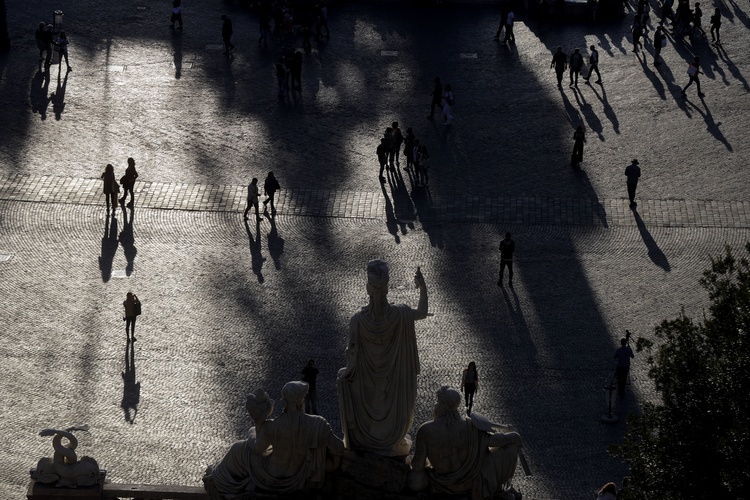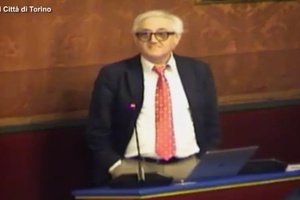We leave and we come back after a couple of years, and it seems that nothing has changed in Italy.
It’s true, Italian traditions are strong and they linger throughout the decades.
Every city has its own practices, and these are passed on from generation to generation, even if the young people move away, to study or work, or save money and settle down.
Despite this, there are changes which are easy to see across the country, whether in the north or the south.
Nowadays, you take a bus and for the most part the people have their headphones in, listening to music, or are concentrated on their smartphones.
They ignore the Italian way of chatting, chatting with everyone.
It’s the same no matter how old you are.
Some Italians regret the change.
They nostalgically remember “i tempi del bar”, the lovely times, when we all had public relations in the cafes.
Some values have been radically modified.
If we think about a typical Italian family, we imagine a family with four or five children.
In reality, there is an average of 2.5 children per family, according to the statistics, although in the south the average is a little higher.
Meanwhile, singles with children outnumber the nuclear family.
Family balance between man and woman has been harmonized, with men contributing to domestic life and taking part in the housework.
This does not mean that traditional values have been supplanted, but that they are evolving to resemble the values of other European countries.
The migration of young people for study or work also encourages fusion of the various cultures in the peninsula.
It is easy to find people in the north celebrating a holiday or festival traditional of the south, and vice versa.
Nevertheless, every region still maintains its identity, sustained by the inhabitants which remain in that area.
And all people periodically return to their home soil to receive the “pacco”, a big box prepared with the traditional dishes and specialities of the family, which usually cannot be found in the expat city.
Italians have somewhat assimilated to European culture, but they still partake in tradition and enjoy the customs which have been maintained for generations.












